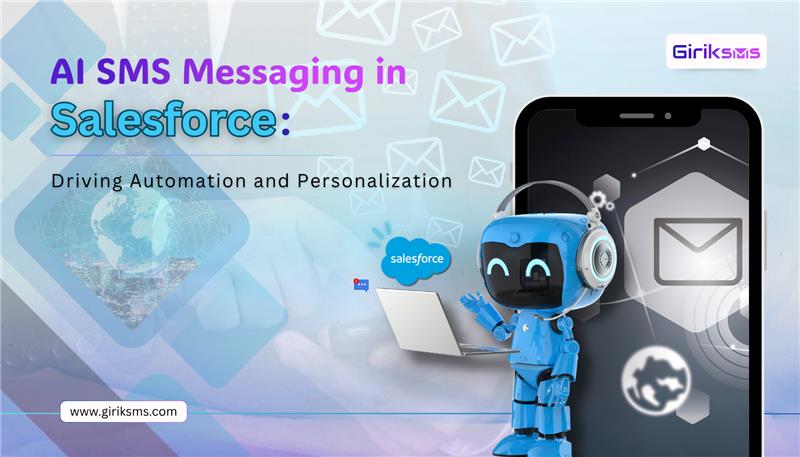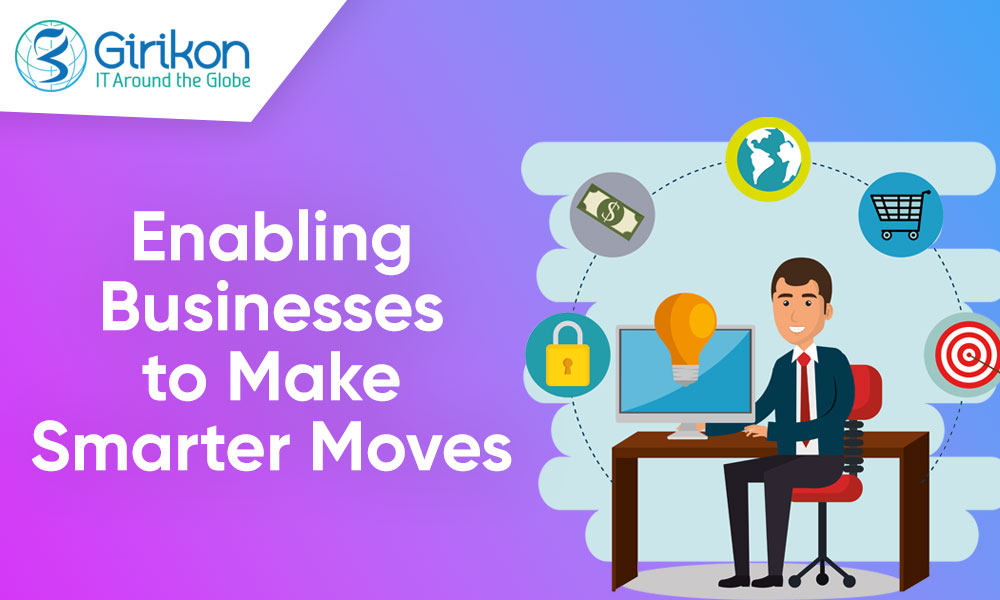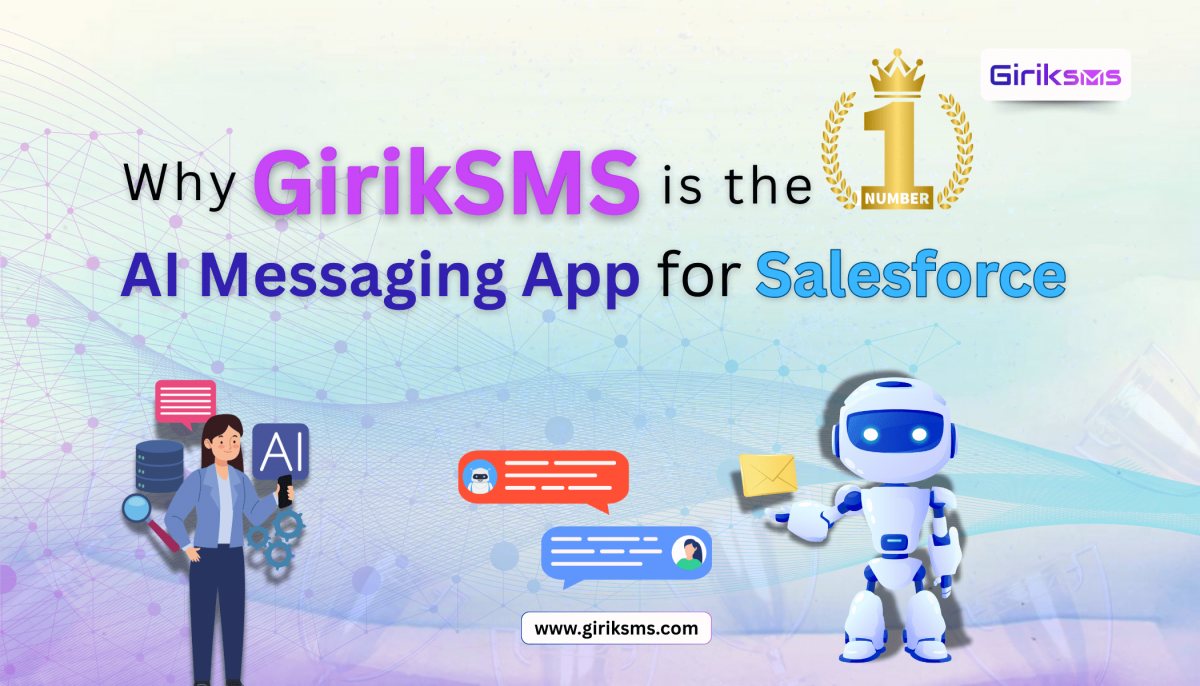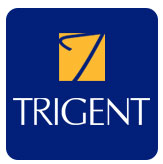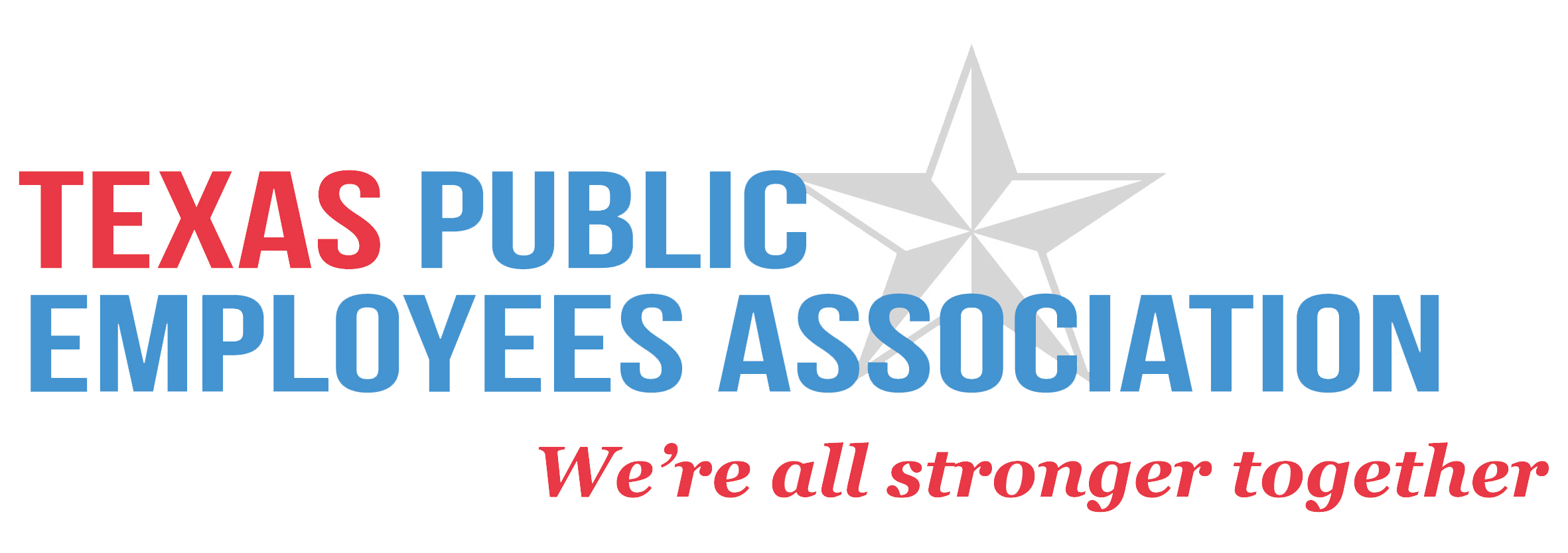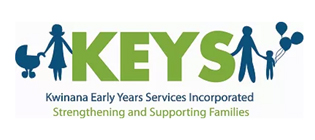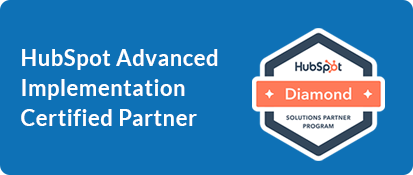Our Blogs
Table of content
- Three pillars for robust AI-powered CRM- Where to start your AI implementation
- Design your business’s AI plan with a human AI Coach
Nine out of ten business leaders recognize that a strong data strategy is key to AI success. So why is it that only a third of them are embracing a unified data strategy across their organization? In early 2024, Salesforce partnered with Forrester Research to find answers to this question in the midst of the rapidly evolving AI landscape.
The Forrester-led research, conducted across 700+ business leaders spanning 14 countries, throws light on the mindset of these global decision-makers around AI-powered CRM. These trends reveal that despite the rapid changes in AI, there are some core principles that businesses must prioritize to ensure growth.
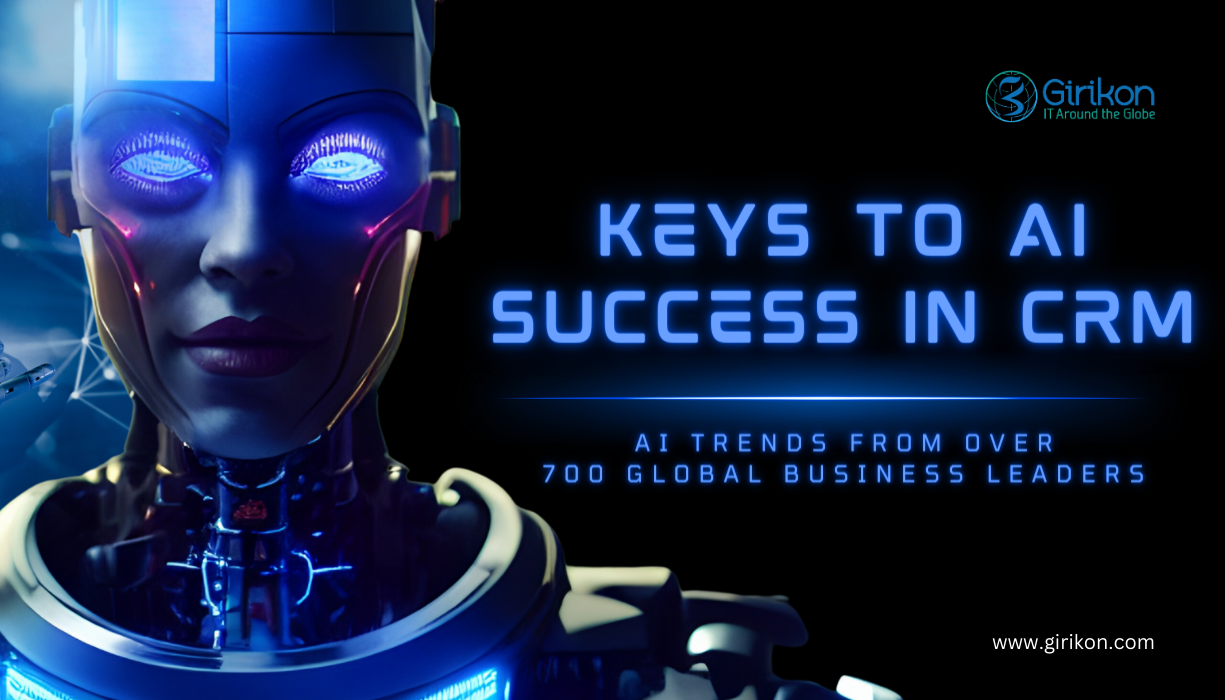
Before we dive into these key factors, let us first be cognizant of the status of AI-powered CRM.
Gaps in AI understanding means there’s room for growth
The research reveals businesses across the world are embracing AI across multiple use cases. But it hasn’t been going smoothly so far. The research reveals that there are major gaps that could impact the envisioned success of AI in CRM.
Here’s a reveal that stood out: Despite all respondents planning to adopt AI, when presented with definitions of predictive and generative AI side by side, only half were able to choose the correct definitions.
Considering that a holistic AI strategy includes both types of AI models, either of which serves specific goals, this also indicates the need for more comprehensive education. Business leaders need to be aware of the specific use cases that each type of AI can enable, the expected outcomes, and how to develop a strategic AI plan that is grounded in those goals.
Another key revelation was the evident gap in data maturity and readiness. While 92% of leaders were emphatic about the significance of a robust data strategy, only 33% said they have it implemented across their organization. Bridging this gap is key to the effective use of AI.
Trust also emerged as a key concern, with business leaders alluding to security issues and uncertainty about the accuracy and relevance of the output created by generative AI. Fear of inadvertently exposing sensitive customer data and the risk of damage to reputation was a big hurdle to adopting generative AI.
Three pillars for robust AI-powered CRM
- Ready your data
Data quality and availability are the backbone of successful AI. More than half of the survey respondents agreed that high data quality is essential to ensure successful implementation of AI. Despite its importance, the group indicated that the main challenges with their CRM data are data quality issues and a lack of requisite data skills.
Conversely, organizations with higher levels of data maturity have not only most likely already adopted AI but also in all probability use a CRM that unifies data across their business, translating to higher productivity and greater customer satisfaction.
Our tip: Prioritize clean up of your data and eliminate silos to ensure a 360-degree view of customer data. Adopt a mature approach to data quality that is strategically aligned with your business goals. Everything cannot be improved overnight, so focus on understanding key data requirements that enable you to deliver your AI use cases in a phased manner. Last but not least, keep data quality at the core of everything you do as you go about building an AI strategy.
- Build trust in AI
Trust is of utmost importance in AI. Respondents almost unanimously (96%) indicated that trust is critical when working with an AI partner. Real concerns about inadvertently exposing sensitive customer data, copyright infringement, or violating regulatory or compliance requirements can invite a lot of uncomfortable questions. Specifically, companies are looking for vendor partners who already have security protocols in place like data masking (anonymizing private or sensitive data) embedded into their AI tool. Another way to protect against potential threats is to work with a partner that bundles AI with their core CRM products and services, so you eliminate any additional complexities that arise when you attempt to integrate with an outside source.
Our tip: Work with a trusted partner/vendor that offers thorough management of both inputs as well as outputs of AI. And when you share your data with any large language model, make sure it is masked. When selecting a model (whether vendor-owned or third-party), ensure that your inputs and prompts are not stored by them so that you have complete control over the use of your data. Apart from addressing privacy and security concerns, ensure that your prompts and AI outputs are scanned for harmful outputs like bias or toxicity. And most importantly, depending on the AI use case and the process or task it automates, make sure you have a human at the helm for critical use cases to ensure relevance, accuracy, and trust.
- Provision for education and upskilling
As AI becomes mainstream in organizations, almost half of the respondents emphasized the need for ongoing upskilling. This, coupled with the overall lack of understanding of AI concepts reveals the need for a thoughtful and structured approach to AI education. Furthermore, respondents indicated that a lack of adequate data skills is a principal challenge with the use of their existing CRM systems.
Our tip: Apart from ensuring your staff has a reasonable understanding of your AI strategy and its alignment with your business goals, start with training employees on how to write effective prompts. A prompt is a detailed text instruction in normal everyday language fed to a large language model (LLM) for it to generate an output. Effective prompts translate to more relevant and accurate outputs from the LLM. All employees can be prompt engineers, and adequate prompt writing training, led by an expert, will yield the maximum benefits of AI while helping staff work more efficiently and effectively. Additionally, internal programs that train the workforce to evaluate AI outputs for accuracy, bias, and toxicity, are indispensable.
Where to start your AI implementation
AI in its current form, with the countless use cases it can lend itself to, can often create confusion about where to start. When AI can be used by sales, marketing, customer service, engineering, HR, and almost every other business function, determining the best place to start can be a daunting task. So, before you build the roadmap for your AI journey with a trusted Salesforce Consulting Partner, the first step is to determine what fits your goals.
Where will AI add value?
Every journey needs a destination. From that perspective, develop a roadmap with the best-fit route for a purposeful and successful AI implementation. This means thinking about the end objective first (the business version of “visualizing and manifesting”). AI implementation goals generally fall into one of three following categories:
- Increasing revenue where AI serves up new opportunities and streamlines processes.
- Reducing costs where AI-powered process automation and optimization lowers operational costs and augments business efficiency.
- Driving customer loyalty where AI delivers tailored experiences to make customers feel understood and valued, thereby building loyalty and trust, which in turn translates to higher revenue and lower costs.
Once you determine which of these goals is in alignment with your business needs, you can get going on the roadmap.
Set the right expectations
Knowing the destination and establishing a roadmap doesn’t necessarily translate to a predictable journey. AI is still in its early stages and can surprise us.
Let’s look at a very real scenario. A retail business has a poorly performing customer service call center. They have high call abandonment rates and a low net promoter score (NPS) which reveals poor customer satisfaction. While they may be tempted to implement an AI solution for their front desk like a Salesforce AI chatbot for customer service, but on further investigation they realize that a deeper understanding of customer needs will yield greater benefit.
AI can play a pivotal role here in automating customer service and analyzing feedback and customer behavior. But before this shift in perspective, you need to step back a little, look deeper into your business processes, and find inadequacies and areas for improvement. AI has the potential to be a strategic force that combines the best of computer science and data science to achieve the best outcomes.
Make the AI business case
While AI has the potential to be a game-changing technology, a strategic checkpoint is when you clearly establish the rationale for embracing AI. To put it simply, how exactly does AI help your organization achieve its business goals more efficiently? Before rolling out any new innovative technology, there should be a thorough investigation of the pros and cons, costs, and risks.
Prioritize trust
This is by far the biggest concern around AI. When you work with a trusted Salesforce Partner, you automatically address concerns around data security, privacy, and ethical use of at the onset. The most common questions that businesses have to deal with around trust are:
Where’s my data going? Understanding the storage of data and its flow is essential. Once the data is gathered and stored securely, it must be managed with the highest regard for privacy.
Who are you sharing it with? This forms the crux of data-sharing policies. Data sharing should be within a restricted perimeter guarded by strict protocols and transparency; information should be shared only where necessary and under the most rigid constraints.
“Is it protected?” Data security is critical. Implementing strong security protocols to protect against unauthorized access is the highest priority for AI implementation teams.
While these concerns are valid, enterprise-grade cloud-based platforms like Salesforce are transforming the landscape of software delivery and its usage. Working with the right Salesforce Consultant will help you address these concerns, and more, upfront.
Design your business’s AI plan with a human AI Coach
AI readiness transcends technology. Organizations need to conduct a 360-degree evaluation of the potential value of AI for their business, AI’s alignment with its business goals, internal data quality, the trustworthiness and security of the AI solution, the reputation and track record of the AI partner, and their adaptability to a new way of working. This is where a Salesforce Consulting Partner comes in.
We bring the experts in technology and business to the table, along with our AI Coach program. Through this program, we evaluate an organization’s overall readiness for AI, internal skills and expertise, current tech infra, data quality, and governance practices, and eventually design a roadmap for sustainable success. We believe the human aspect of AI is the most important. Connect with a Salesforce AI services expert at Girikon today to learn more.

 +61-1300-332-888
+61-1300-332-888 +1-480-241-8198
+1-480-241-8198